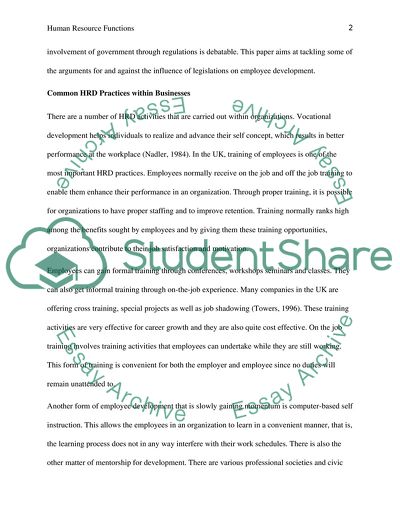Cite this document
(“Human Resource Functions: Is it Appropriate for Governments to Term Paper”, n.d.)
Human Resource Functions: Is it Appropriate for Governments to Term Paper. Retrieved from https://studentshare.org/human-resources/1748294-human-resource-functions
Human Resource Functions: Is it Appropriate for Governments to Term Paper. Retrieved from https://studentshare.org/human-resources/1748294-human-resource-functions
(Human Resource Functions: Is It Appropriate for Governments to Term Paper)
Human Resource Functions: Is It Appropriate for Governments to Term Paper. https://studentshare.org/human-resources/1748294-human-resource-functions.
Human Resource Functions: Is It Appropriate for Governments to Term Paper. https://studentshare.org/human-resources/1748294-human-resource-functions.
“Human Resource Functions: Is It Appropriate for Governments to Term Paper”, n.d. https://studentshare.org/human-resources/1748294-human-resource-functions.


